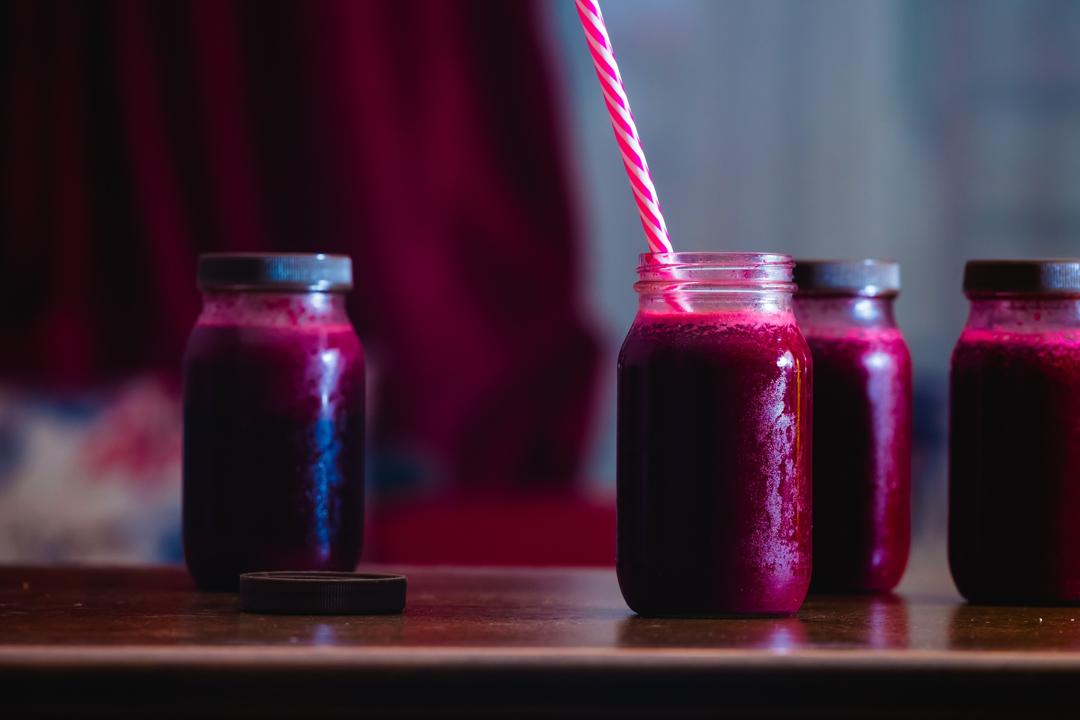Revitalize Your Body: How Effective Are Juice Cleanses?
As a health and wellness coach, I understand the desire to revitalize your body and address issues like bloating. In this article, we will explore the effectiveness of juice cleanses as a method to address bloating and provide insights for individuals looking to do a cleanse.
Understanding Bloating
Bloating is a common issue that many people experience. It is characterized by a feeling of fullness, tightness, or swelling in the abdomen. Bloating can be caused by various factors, including:
- Overeating
- Eating too quickly
- Consuming gas-producing foods
- Food intolerances
Bloating can have a negative impact on overall well-being, leading to discomfort and a desire to find relief. This is where juice cleanses come into play.
The Science Behind Juice Cleanses
Juice cleanses involve consuming only fresh fruit and vegetable juices for a certain period of time, typically ranging from a few days to a week. The idea behind juice cleanses is to provide the body with a concentrated source of nutrients while giving the digestive system a break.
Potential Benefits of Juice Cleanses
Juice cleanses are often touted for their potential benefits in addressing bloating. Here are some ways in which juice cleanses may help:
-
Hydration: Juices are primarily composed of water, which can help hydrate the body and promote proper digestion.
-
Reduced Fiber Intake: During a juice cleanse, the intake of fiber is significantly reduced. This can be beneficial for individuals with bloating caused by excessive fiber intake.
-
Increased Nutrient Intake: Juice cleanses provide a concentrated source of vitamins, minerals, and antioxidants, which can support overall health and well-being.
Scientific Research on Juice Cleanses
While juice cleanses have gained popularity, scientific research on their effectiveness for bloating is limited. However, some studies suggest that juice cleanses may have positive effects on bloating and digestive health.
A study published in the Journal of Alternative and Complementary Medicine found that a 3-day juice cleanse resulted in improvements in bloating and overall well-being in participants. Another study published in the Journal of Medicinal Food showed that a 7-day juice cleanse led to a reduction in bloating and an improvement in gastrointestinal symptoms.
It’s important to note that these studies had small sample sizes and more research is needed to fully understand the effects of juice cleanses on bloating.
Potential Drawbacks and Considerations
While juice cleanses may offer potential benefits, they are not without drawbacks. Here are some considerations to keep in mind:
-
Nutrient Deficiencies: Juice cleanses often involve a significant reduction in calorie intake, which can lead to nutrient deficiencies if not properly planned. It’s important to ensure that the juice cleanse includes a variety of fruits and vegetables to provide a wide range of nutrients.
-
Potential Side Effects: Some individuals may experience side effects during a juice cleanse, such as headaches, fatigue, or dizziness. These symptoms are often temporary and can be alleviated by staying hydrated and listening to your body.
-
Consultation with a Healthcare Professional: Before starting a juice cleanse or any other dietary program, it’s important to consult with a healthcare professional, especially if you have any underlying health conditions or are taking medications.
Alternative Approaches to Addressing Bloating
While juice cleanses may be one approach to address bloating, there are other methods that can be effective as well. Here are some alternative approaches to consider:
-
Dietary Changes: Making dietary changes, such as reducing intake of gas-producing foods or incorporating more fiber-rich foods, can help alleviate bloating.
-
Lifestyle Modifications: Engaging in regular physical activity, managing stress levels, and practicing mindful eating can contribute to improved digestion and reduced bloating.
Before You Go
In conclusion, juice cleanses may offer potential benefits in addressing bloating and promoting overall well-being. While scientific research on their effectiveness is limited, some studies suggest positive effects.
